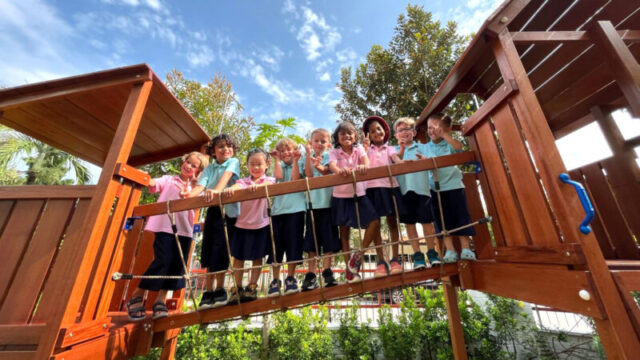STEM, STREAM & STEAM education in Singapore schools
What do the acronyms mean?
 Moving To Singapore? Essential Guide - Expat Living in Singapore
Moving To Singapore? Essential Guide - Expat Living in Singapore
Moving to Singapore - learn about neighbourhoods, furniture, schools, beauty and food? We help make the most of expat living in Singapore.

Choose somewhere nice and close to home – but with everything you need too!
What do the acronyms mean?
Using the EYFS curriculum to cultivate life skills in young children
OPAL is an innovative programme that develops a love of learning
The school deals with it in a unique way!
Parents give their views and recommendations
XCL World Academy balances academic and digital learning
Advice from top international schools!
It equips students with technical and life skills for the future
Alumni and counsellors support students at International French School Singapore.
Building motivation and habits for lifelong learning
A look at the Chinese-English Bilingual Programme at Canadian International School
School admissions driven by diversity and potential